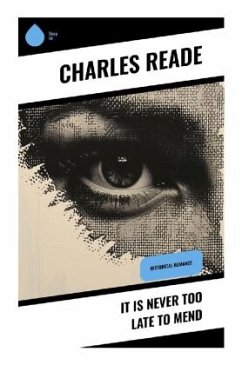In "It is Never Too Late to Mend," Charles Reade deftly intertwines themes of redemption, social justice, and human folly within a Victorian narrative. This novel, imbued with Reade's passionate advocacy for prison reform, offers readers a rich tapestry of character studies set against the grim realities of the British penal system. Stylistically, Reade employs a vivid realism and dialogue that draw the reader into the moral complexities faced by his characters, creating a compelling critique of societal norms while reflecting the sentiments of his time, particularly the burgeoning movement for criminal justice reform. Charles Reade, a prominent Victorian novelist and playwright, was deeply influenced by his own experiences and interests in social issues, including the treatment of convicts and the failings of institutional systems. His fervent desire to expose injustices in society is evident in his works, but nowhere is it more impactful than in this narrative. Reade's background in law and his travels across Europe provided him with a unique perspective, allowing him to illustrate the human capacity for change and redemption through flawed yet relatable characters. Readers seeking both an engaging storyline and a thought-provoking examination of society will find "It is Never Too Late to Mend" an enriching addition to their literary repertoire. This novel not only captures the heart of its characters but also resonates with contemporary discussions around justice and rehabilitation, making it a timeless exploration of the human condition.








